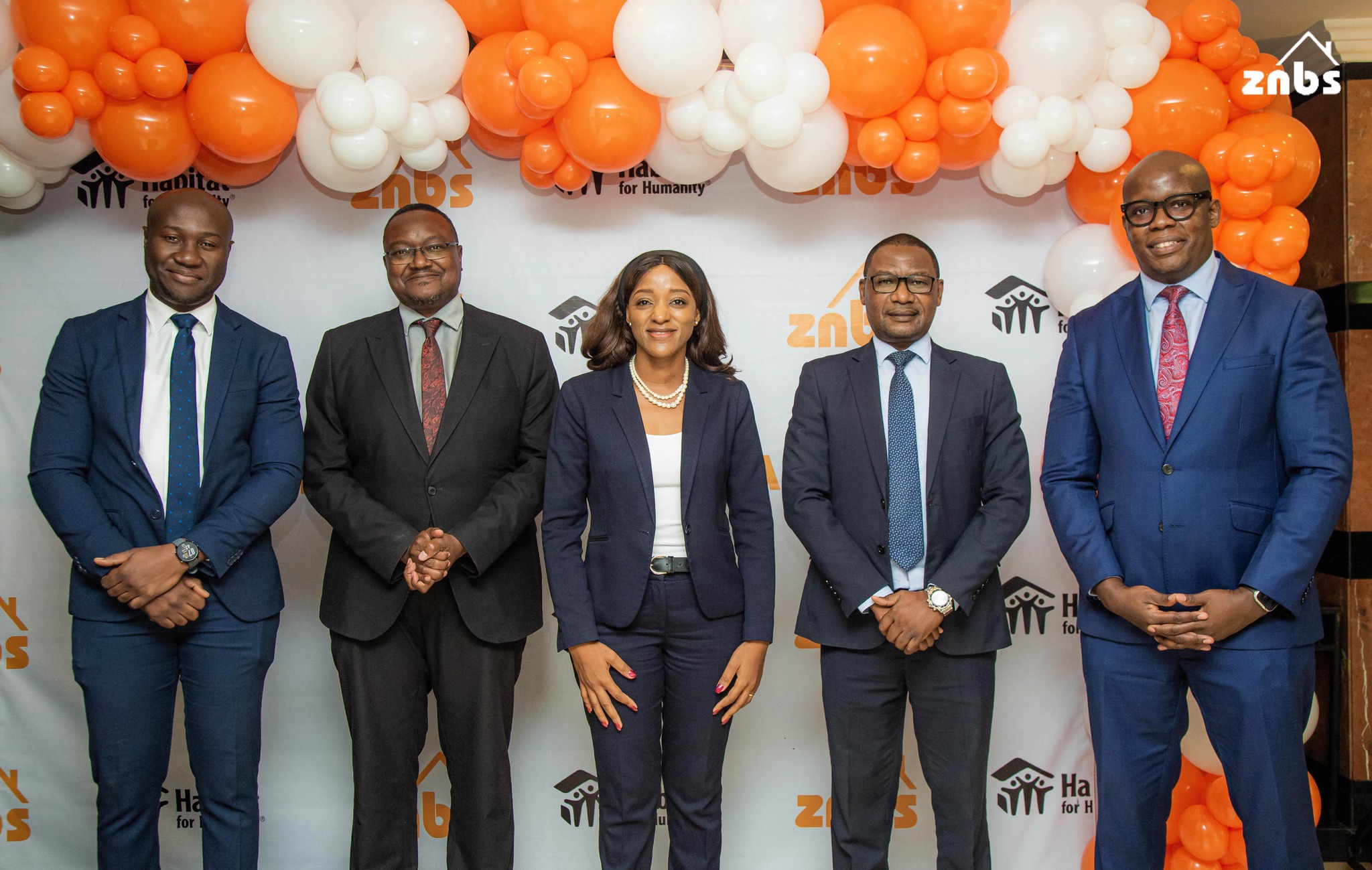
A New Path to Homeownership

Zambia’s housing landscape is evolving, and the Zambia National Building Society (ZNBS) in collaboration with Habitat for Humanity has just introduced a new product aimed at expanding access to homeownership. The “Timange Housing Loan” is designed to cater to a wider demographic, specifically targeting low-income earners, including those in the informal sector. We watched the launch event on February 27 2024 and here’s what we understood after all the speeches.
Key Features of the Timange Housing Loan:
- Target Audience: This loan product is geared towards both formally employed individuals and those in the informal sector, acknowledging the diverse economic realities of Zambians. However, it seems to only target women (to be clarified)
- Accessibility for Non-Salaried Individuals: A significant aspect of the Timange loan is its inclusion of non-salaried individuals, a segment often overlooked by traditional lending institutions.
- Village Bank Group Requirement: A crucial component of the loan process is membership in a village bank group that holds an account with ZNBS. This collective approach aims to build trust and shared responsibility.
- Flexible Repayment Terms: The loan offers repayment periods ranging from 3 to 36 months, providing flexibility to suit different financial situations.
- Competitive Interest Rates: Interest rates start from 3%, making the loan potentially more affordable.
- Application Requirements:
- Employed individuals require a 3-month payslip and a letter of employment.
- All applicants must belong to a village bank group that has an account with ZNBS.
- Fast Approval: ZNBS aims to provide loan approval within 48 hours, streamlining the process for applicants.
What This Means for Aspiring Homeowners:
The Timange Housing Loan represents a significant step towards financial inclusion in Zambia’s housing sector. By incorporating village bank groups and catering to the informal sector, ZNBS is attempting to break down traditional barriers to homeownership. The short approval time also adds to the attractiveness of this new product.
Now, we’d love to hear from you: How do you think the village bank group requirement will impact the accessibility of this loan? What do you think about getting a loan to build your home. Share your thoughts and experiences in the comments below!

